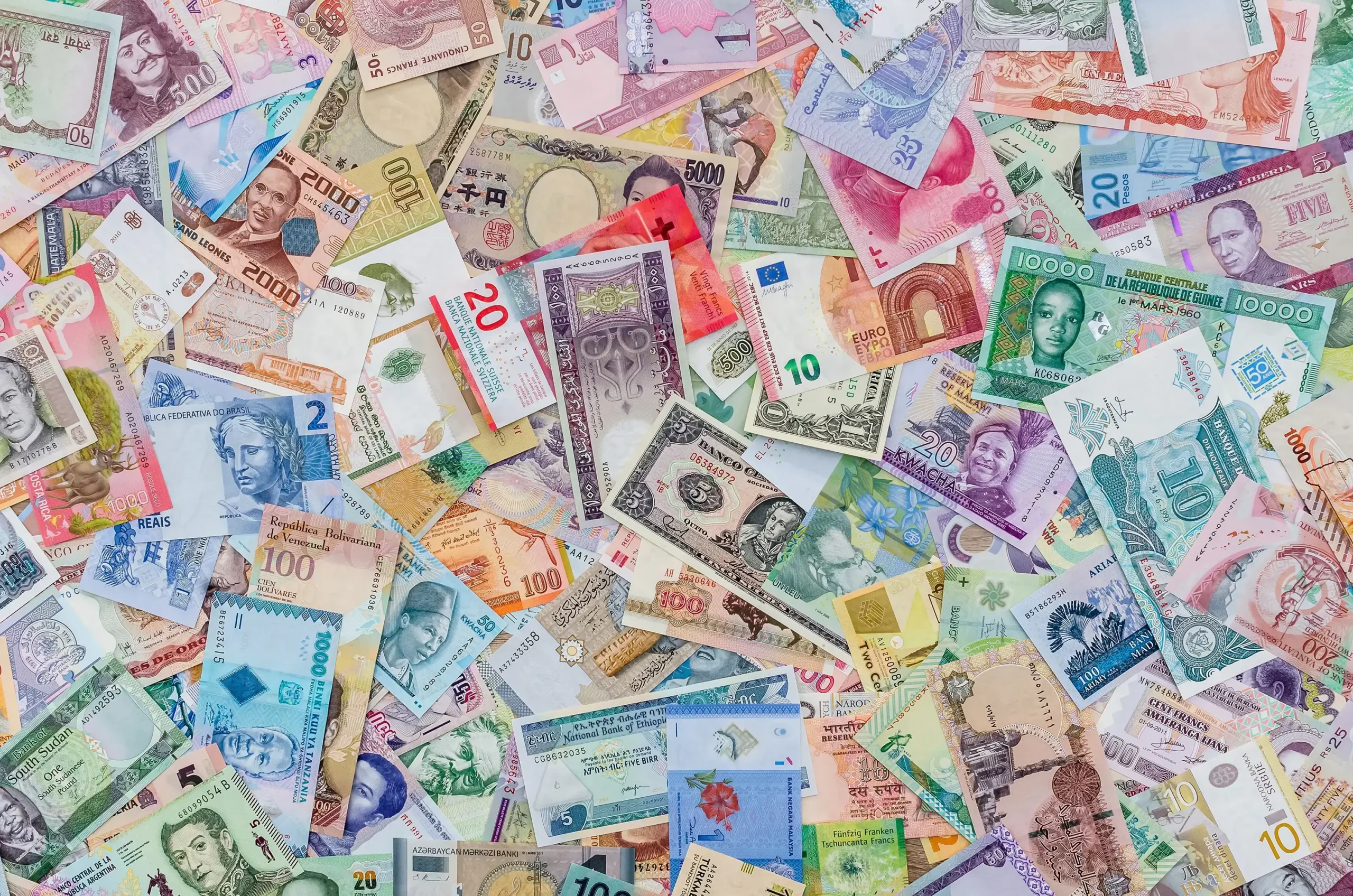
Foreign Currency: A Hidden Treasure for Food Banks
- foodfightadmin
- November 19, 2024
- Food Bank Support, Fundraiser & Volunteer, Hunger In America
- rsc-11, rscl
- 0 Comments
For food banks and other nonprofits searching for new ways to raise funds, Scott Hutchings, Co-Founder and CEO of Global Coin Solutions, has an unconventional yet promising idea: ask donors to dig through their drawers for unused foreign currency. Hutchings estimates that Americans are holding onto over $25 billion in foreign currency brought home from overseas trips—money that often sits idle but could be transformed into significant resources for charitable causes.
“There’s a massive amount there for the taking,” Hutchings says. “I fully believe that any charity that significantly goes after this is going to reap the benefits for decades.”
Global Coin Solutions, a Canada based company, helps nonprofits collect and exchange foreign currency into local funds. Partnering with organizations like UNICEF’s Change for Good program, the company offers nonprofits a return of at least 70% of the value of the currency collected, with returns rising to 80% as donation volumes increase. Since its founding in 2015, Global Coin Solutions has processed $23 million in foreign currency, tackling the labor intensive task of sorting, counting, and repatriating currency one coin and one bill at a time.
Foreign currency fundraising is particularly suited to organizations with extensive networks of collection points, such as food banks and their partner agencies, Hutchings explains. The process relies on aggregating small amounts of currency into larger sums, making it ideal for a decentralized approach. “The keys are having multiple locations where donors can drop their cash and creating as much awareness as possible,” he emphasizes.
Nonprofits working with Global Coin Solutions can leverage digital tools to spread the word. Hutchings encourages organizations to use their websites, social media, and the Google Ad Grant Program, which provides free advertising for nonprofits, to promote their campaigns. He cites the success of Currency for Kids, a program launched in 2020 that supports 12 Children’s Aid Foundations across Ontario. With the help of a corporate partner operating 19 locations and a network of community businesses acting as collection points, the initiative has raised nearly $50,000 in foreign currency donations to date.
The process for nonprofits is straightforward. Donors contribute unused foreign bills and coins, which are collected at designated drop-off locations and sent via FedEx to Global Coin Solutions. The company manually sorts and counts the currency before repatriating it to its country of origin. A local firm exchanges the currency for funds in the nonprofit’s home currency, and Global Coin Solutions transfers the proceeds – minus its fee – to the nonprofit. Even currencies no longer in circulation, such as those replaced by the euro, are not wasted; they may be sold to collectors or bought by weight, often for more than their face value.
Remarkably, many collections contain domestic currency mixed in with foreign bills and coins. Since most nonprofits do not sort their donations before sending them, these “infiltrations” can add additional value. “Nothing the company receives is thrown away,” Hutchings notes, highlighting the program’s efficiency.
Hutchings sees foreign currency fundraising as a complementary approach rather than a replacement for major gifts or grants. He likens it to low-cost initiatives like bottle drives or food collections, where donors contribute items that may seem insignificant individually but collectively generate meaningful funds. “It’s not competing; it’s augmenting. It gives nonprofits a completely different revenue stream—a different ask, a different give. And almost everybody’s got something,” he explains.
This strategy could also appeal to donors facing financial strain, Hutchings suggests. Families who once traveled but now visit food pantries may still have leftover foreign currency they’re willing to contribute, offering a way to engage new donors without requiring additional disposable income. “I think it’s a way to possibly reinvigorate the whole donation segment because people don’t have disposable income the way they used to,” he says.
The potential impact is significant, Hutchings believes, but awareness is key. “It is a huge opportunity,” he says. “It’s just a matter of making people aware that this exists.” With billions of dollars in unused foreign currency sitting idle, nonprofits have a unique chance to turn forgotten coins and bills into a powerful force for good.








